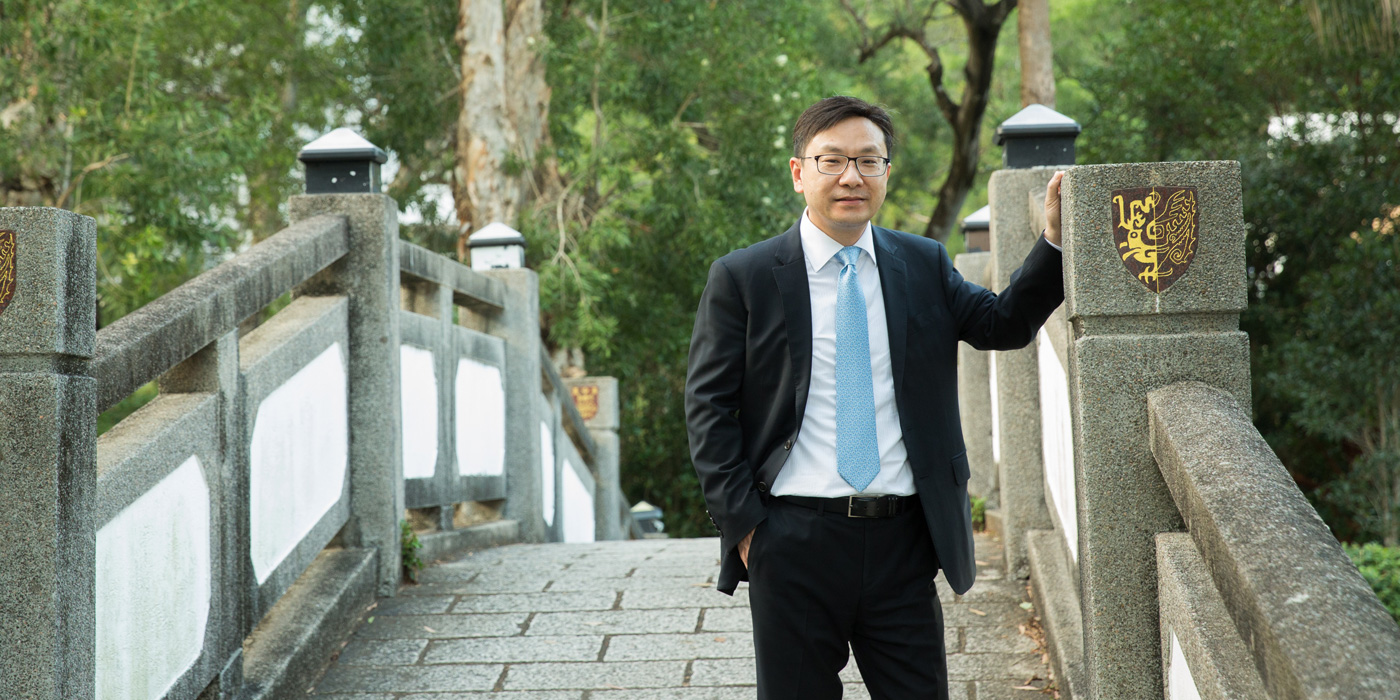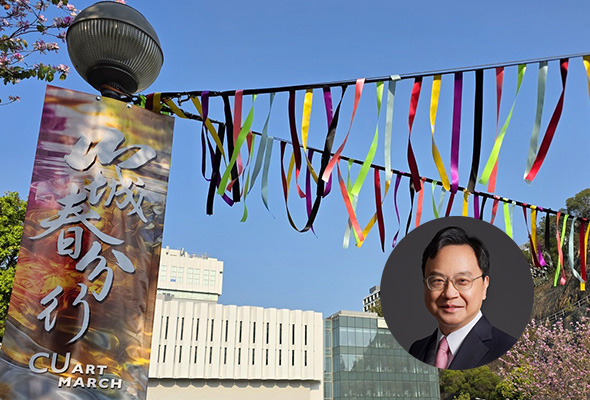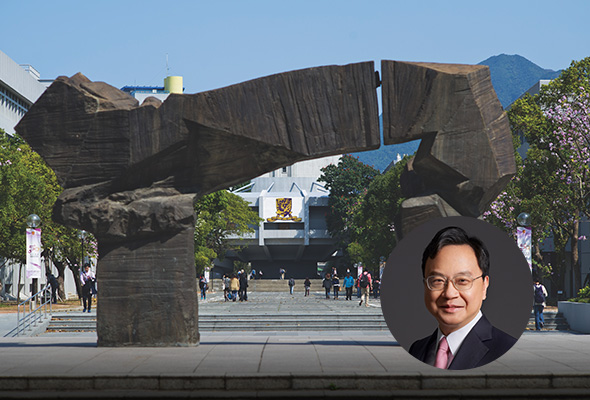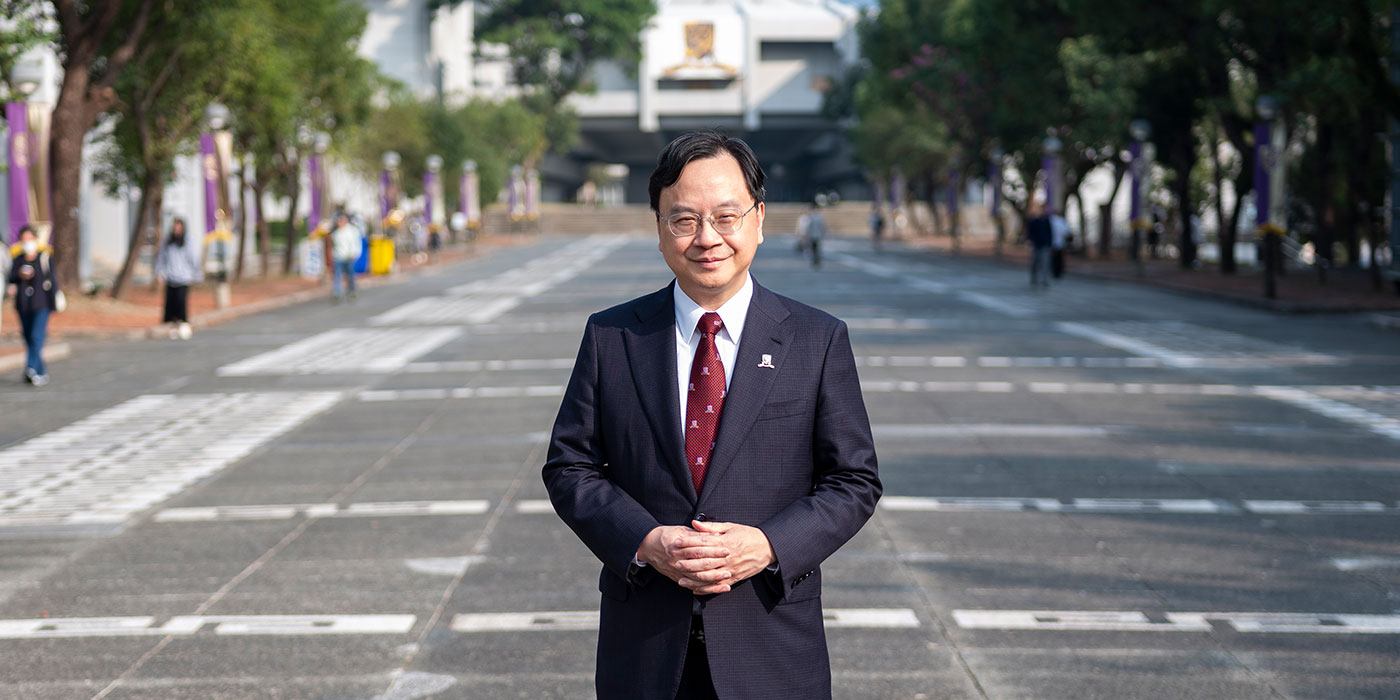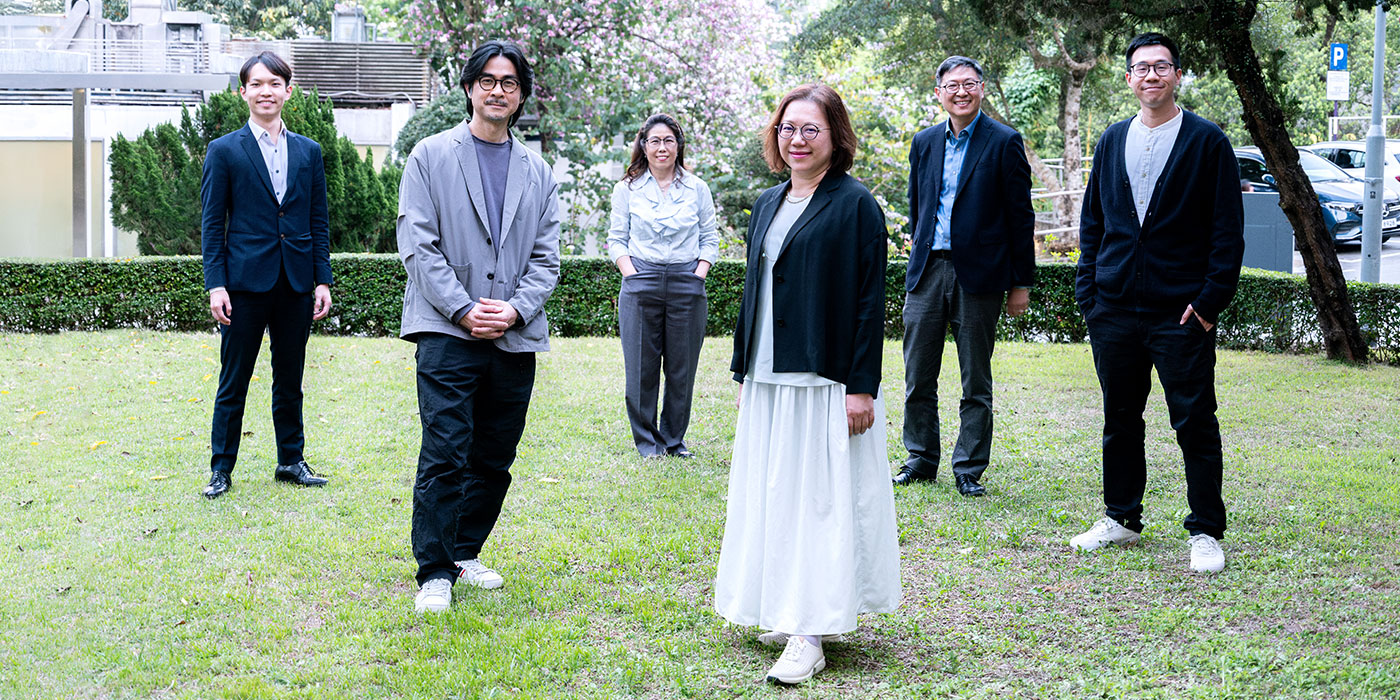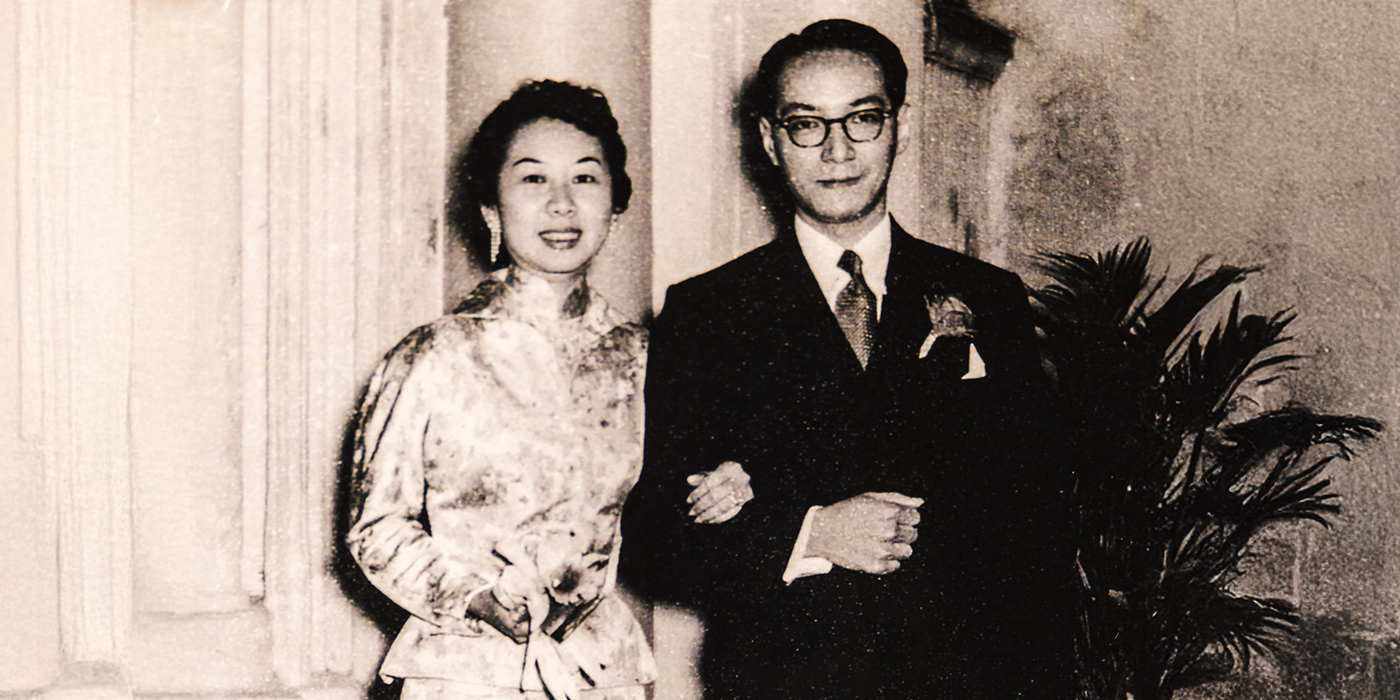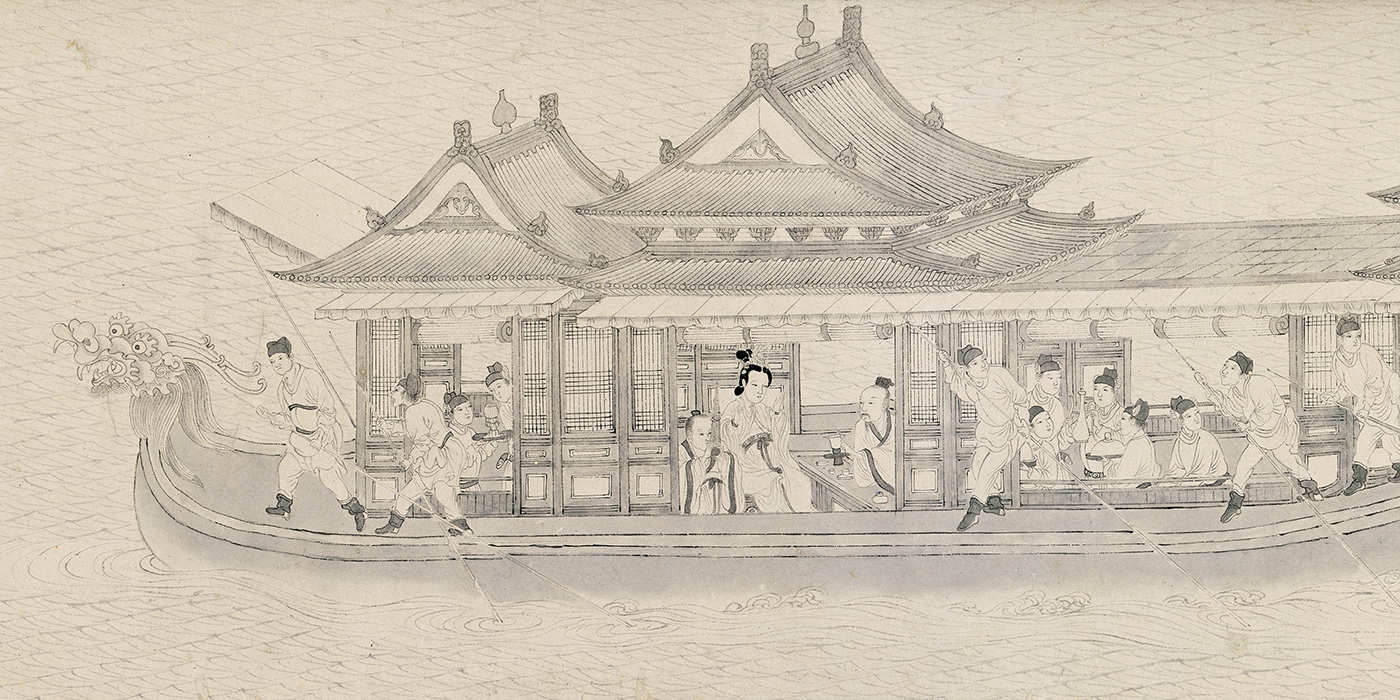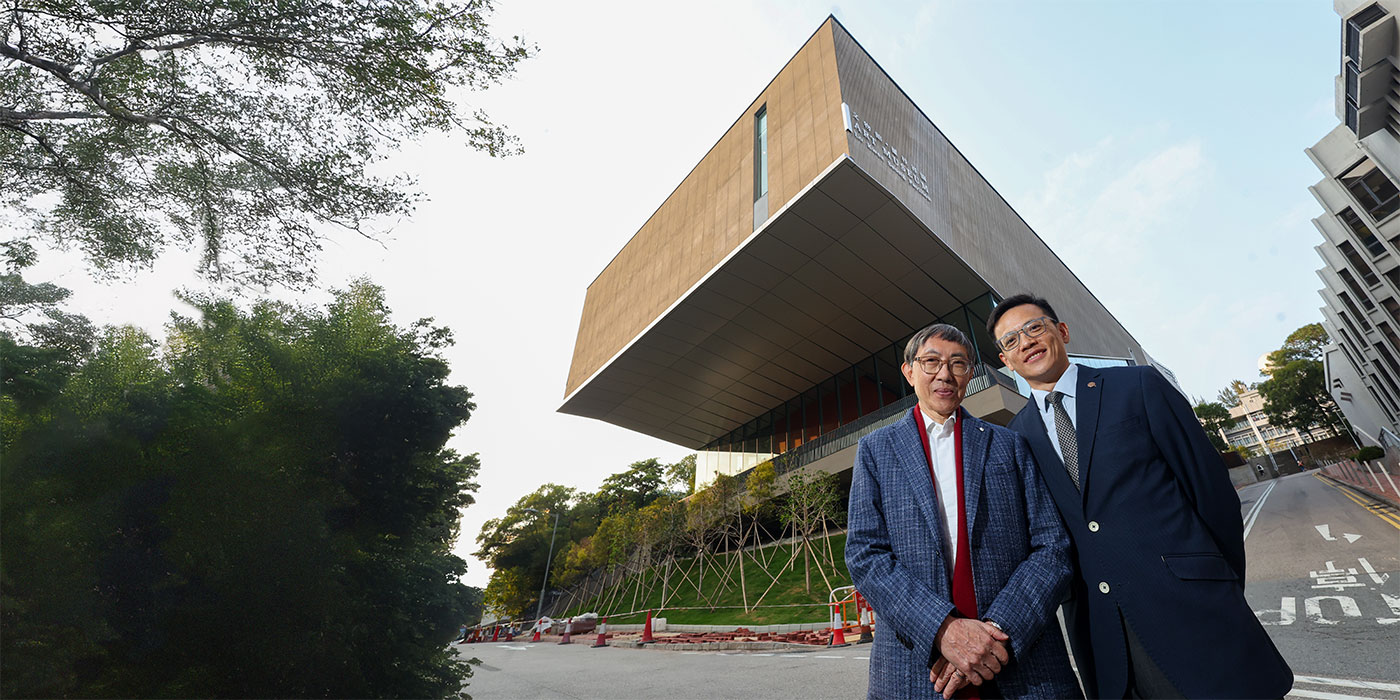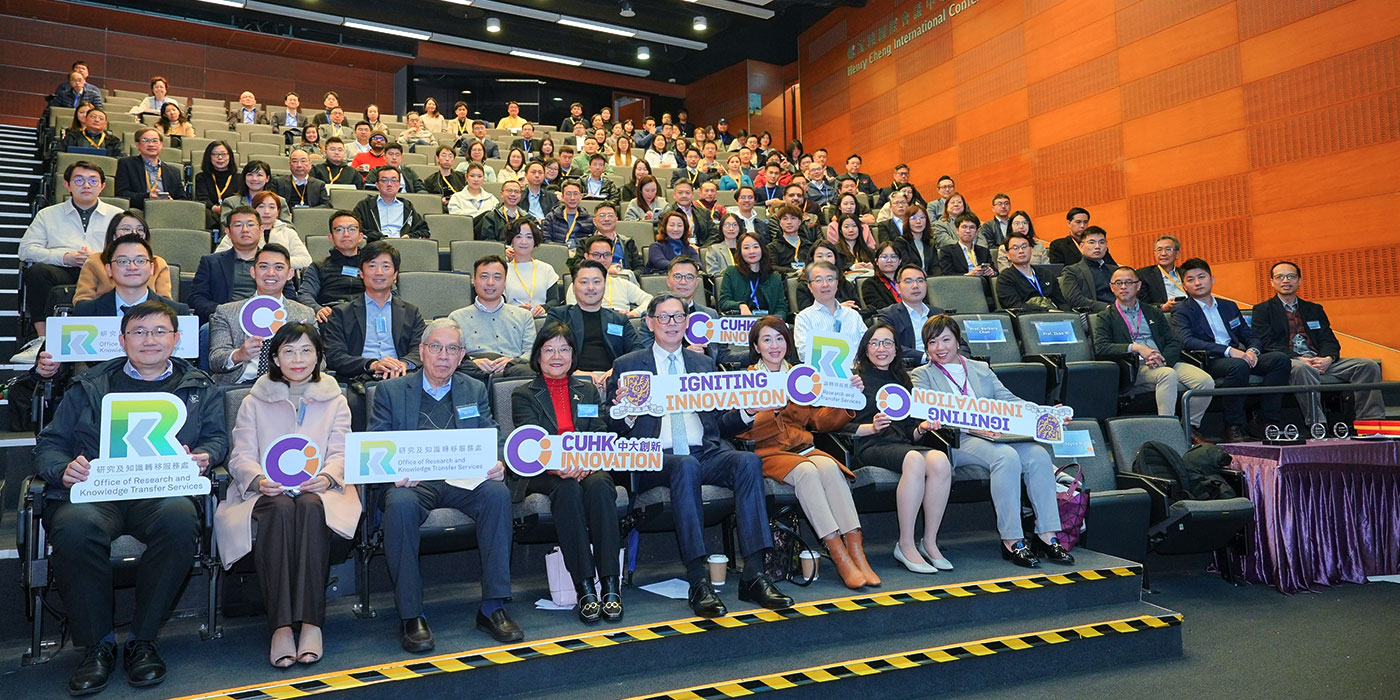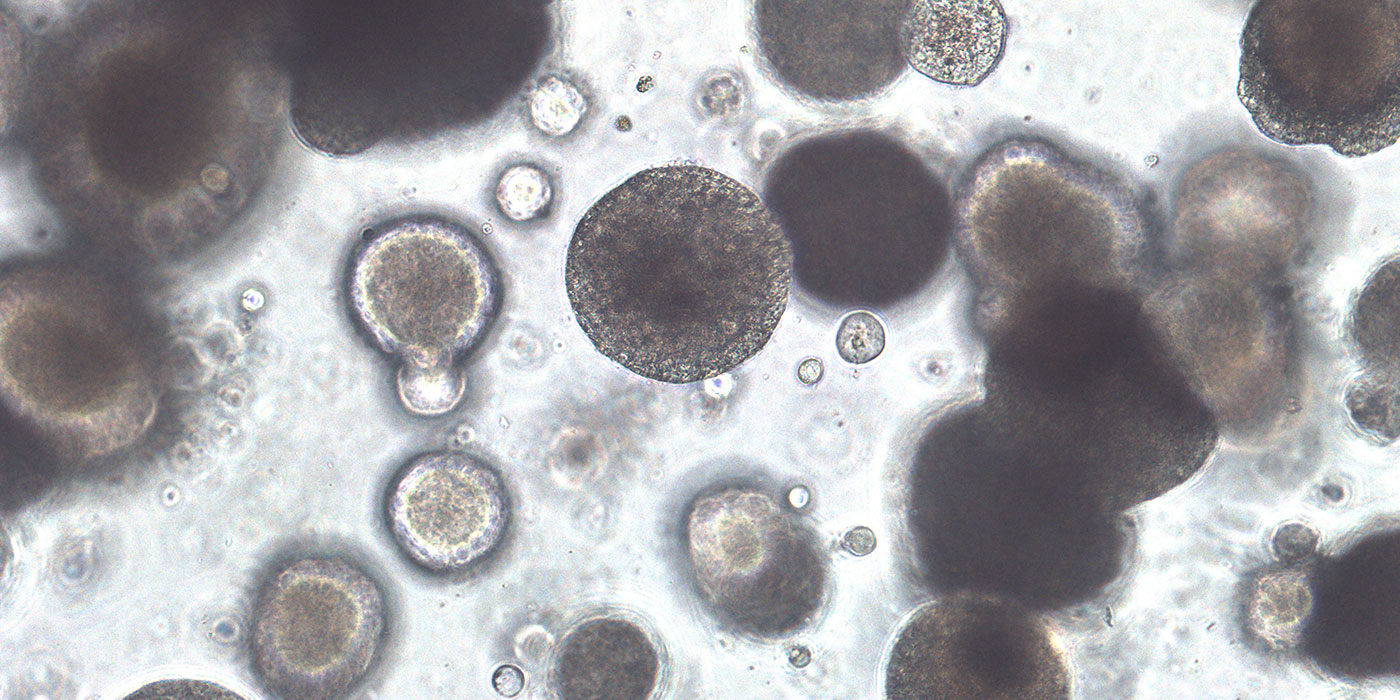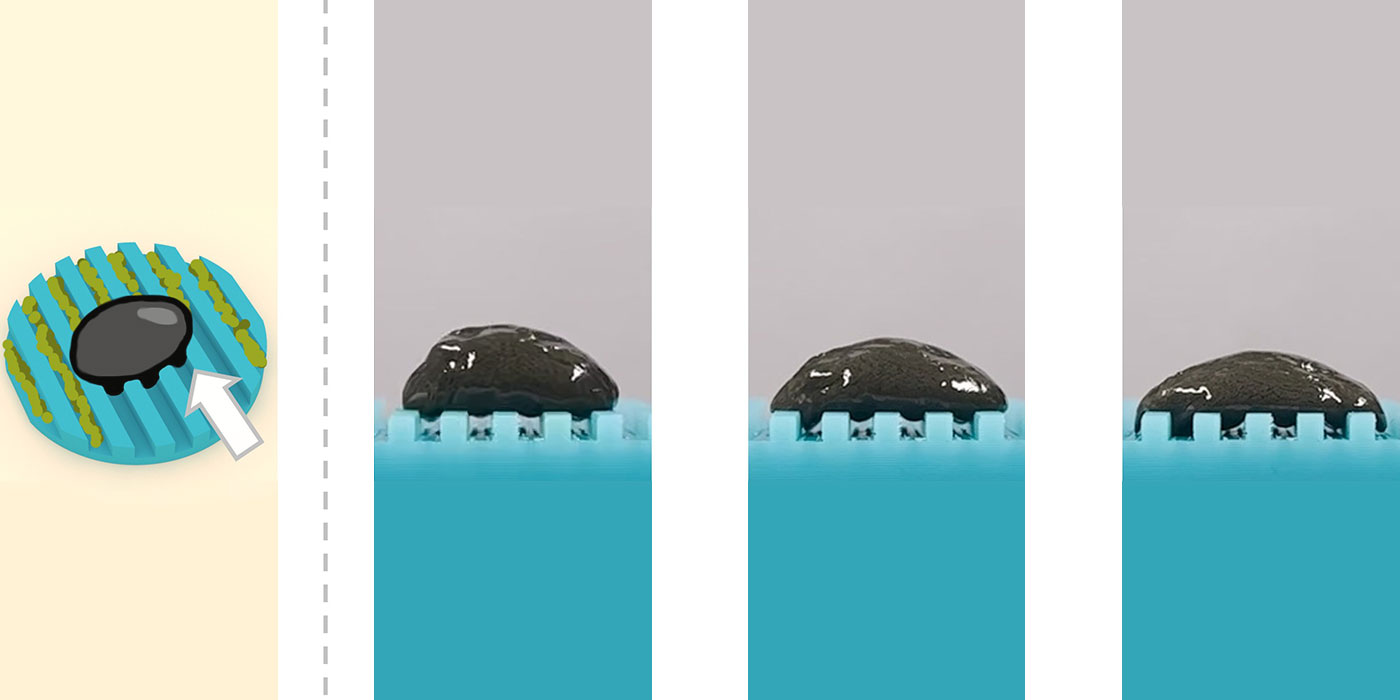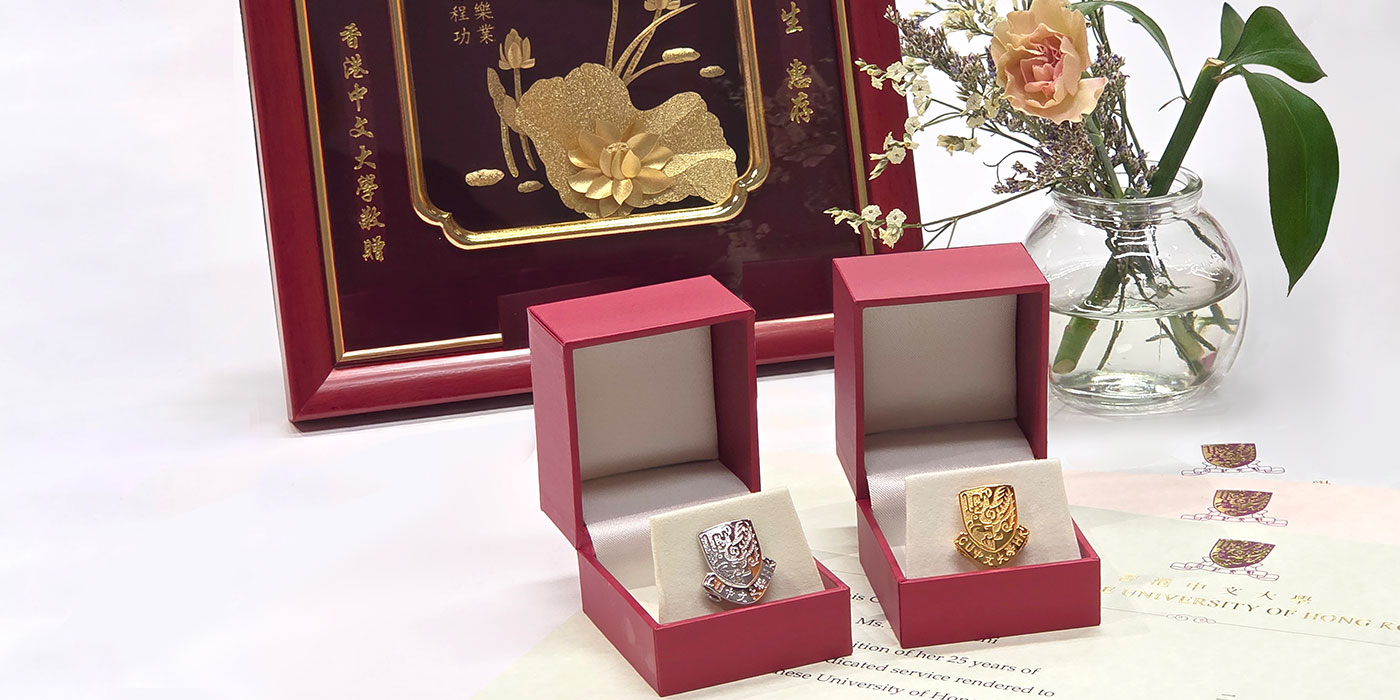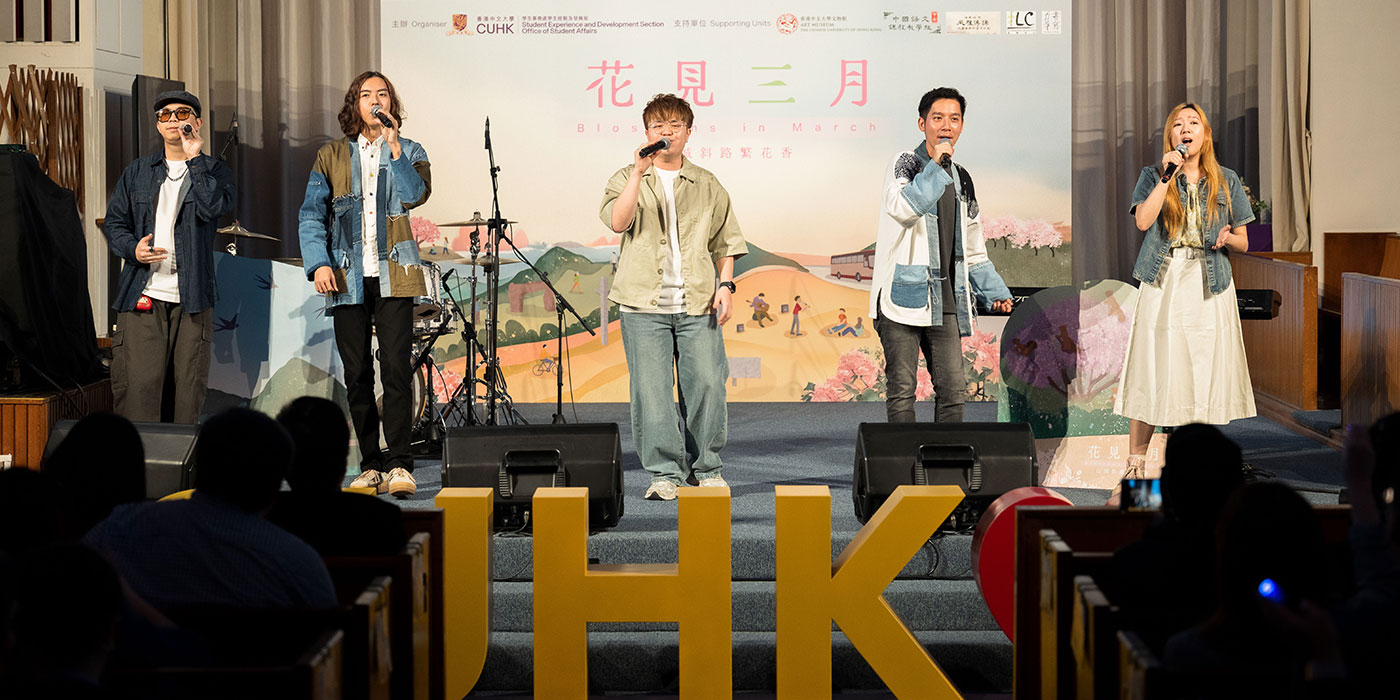From new mainland arrival to the corridors of power
“Outlier” minister never follows the mainstream
Chris Sun Yuk-han describes himself as an outlier at different junctures of his life.
On 15 September 1978, his family migrated from their hometown, Yantai, Shandong Province, to Hong Kong. Sun, who was six at the time, missed the first day of the new school year, and his parents had to knock on the doors of eight primary schools for a place for him. The boy, who had not received any kindergarten education and knew little Cantonese and English, was snubbed repeatedly. “I even didn’t know ABC in English at the time. We kept on visiting schools and I was eventually enrolled at a school as a Primary One pupil,” he recalls.
But he was unable to cope with examinations at primary school given his lack of experience in studying at kindergartens in Hong Kong. His average score in his first examination was five out of possible 100 marks, the lowest in the history of his school. “Puzzled by my poor performance, a kind-hearted teacher found I was good at arithmetic. But I didn’t spell out the steps,” he says. “My academic results improved quickly after the reminder from that teacher.”
In 1990, he was admitted to the Faculty of Business Administration of CUHK although he was a science stream student in senior forms in secondary school. In his days, outstanding science stream students were usually destined to pursue medical degrees. But Sun abandoned the idea of becoming a doctor after suffering a setback during matriculation education. “We dissected rats in biology class but I did poorly. I started to doubt if I was adept at doing these sorts of things and thought it was not a must to study medicine. I eventually chose CUHK’s Faculty of Business Administration which was ranked the first among local universities,” says Sun.
In an interview with CUHK in Focus during a visit to CUHK, Sun recalls his university life and shared his thoughts on the challenges encountered throughout his career. Describing CUHK students as unadorned and down-to-earth, he says: “In my days, many students put on slippers and shorts when they attended classes. At the time, the CUHK campus was not as developed as urban areas and we guys were staying on a hill which was detached from the hustle and bustle of the city.” “It was good for students to lead a simple life, remaining pure and idealistic while studying,” he says.
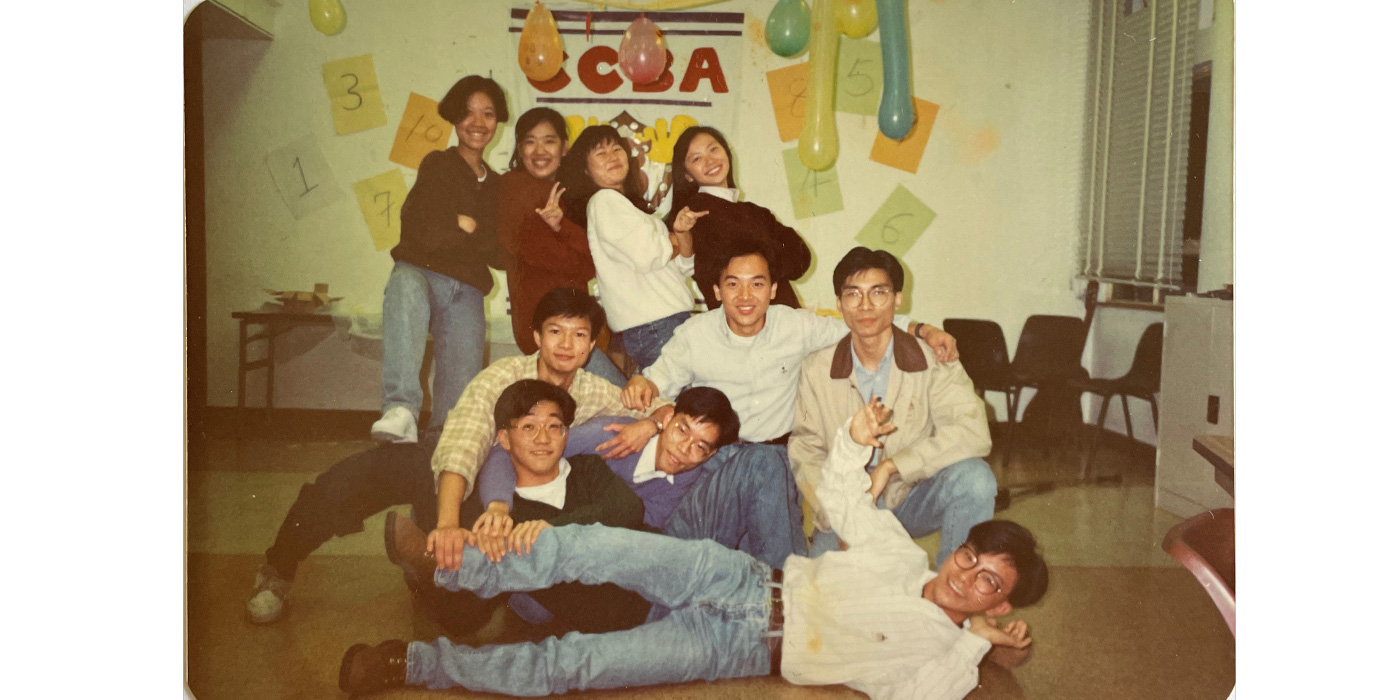
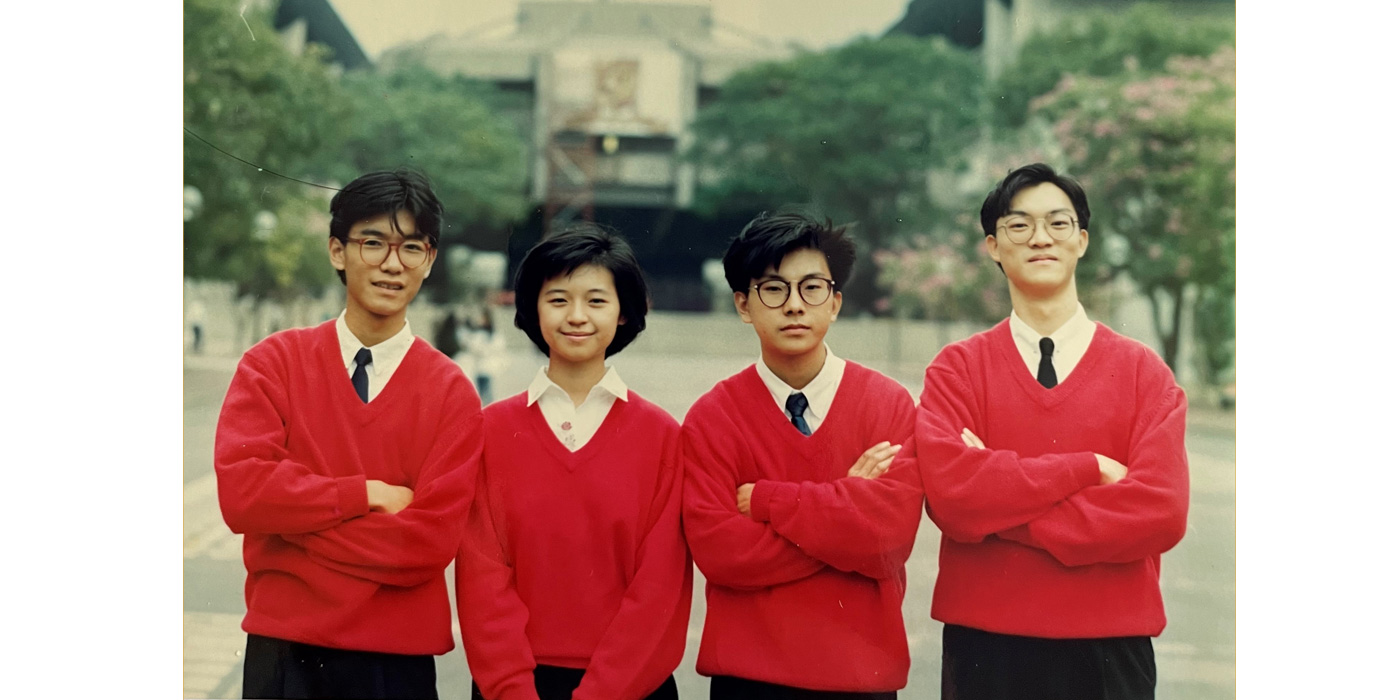
Sun graduated from CUHK in 1994 and became an outlier again by joining the government as an administrative officer. “Most business students landed jobs in the private sector and I also thought of getting a job in a bank or an advertising agency. But I ended up joining the government because the salary of an administrative officer was substantially higher than the commercial world. Besides, their training means business administration students fit in quite well with the job of administrative officers.”
“We need to do all the donkey work in the early stage of our career”
Despite the lucrative salary and promising career path for administrative officers, Sun had moments of frustration shortly after joining the government. “Junior administrative officers have to do many boring jobs, such as writing notes of meeting and speaking points for our bosses. In my first few months after joining the government, I wondered if I should resign as I had wasted so much time in writing meeting notes. I asked myself: ‘Why am I being paid a hefty salary to do these jobs?’ I later realised that we needed to do all the donkey work for some years as we accumulated essential experience and knowledge.”
During his tour of his alma mater, Sun visited Ying Lin Tang, where he stayed during his time at CUHK and Chung Chi College Chapel. Nearly three decades after leaving the university campus, he is still impressed by the remarkable collection of the University’s libraries. “You can go to libraries and get whatever books you like. Reading has helped me a lot during my career as an administrative officer. I often look for clues whenever I have questions during my work,” he says.
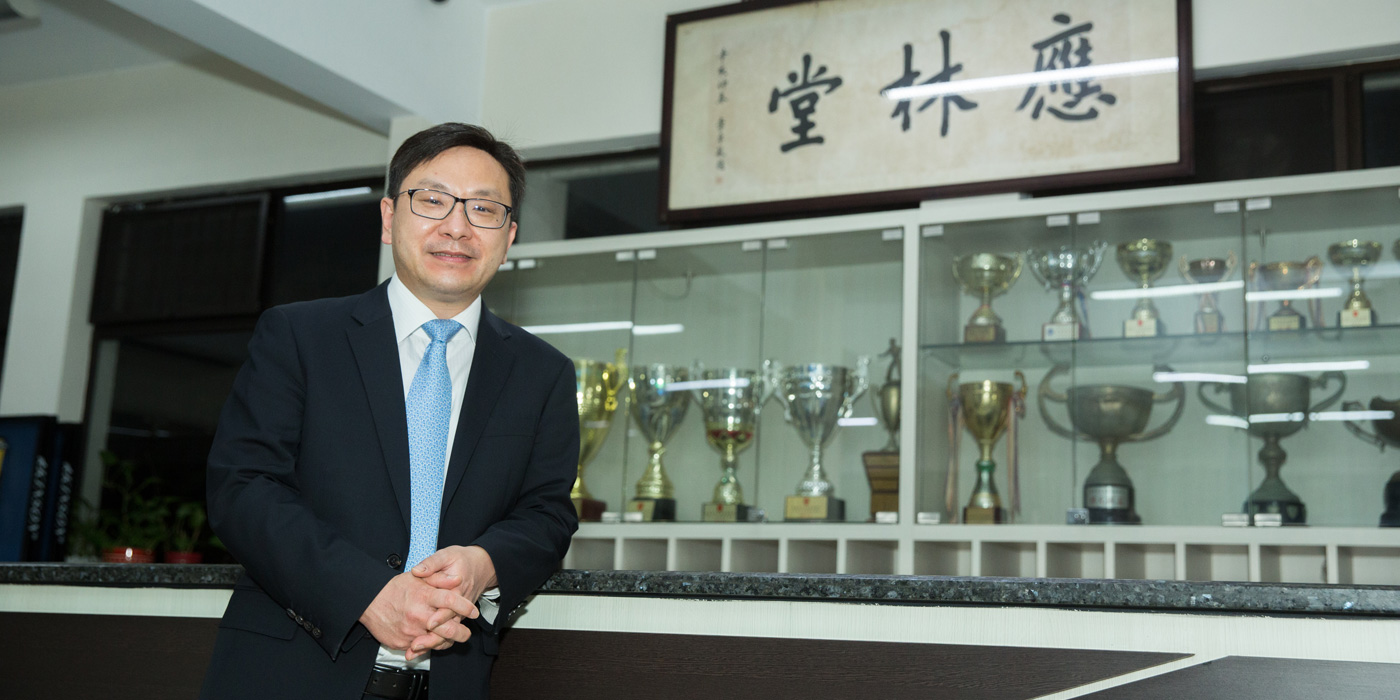
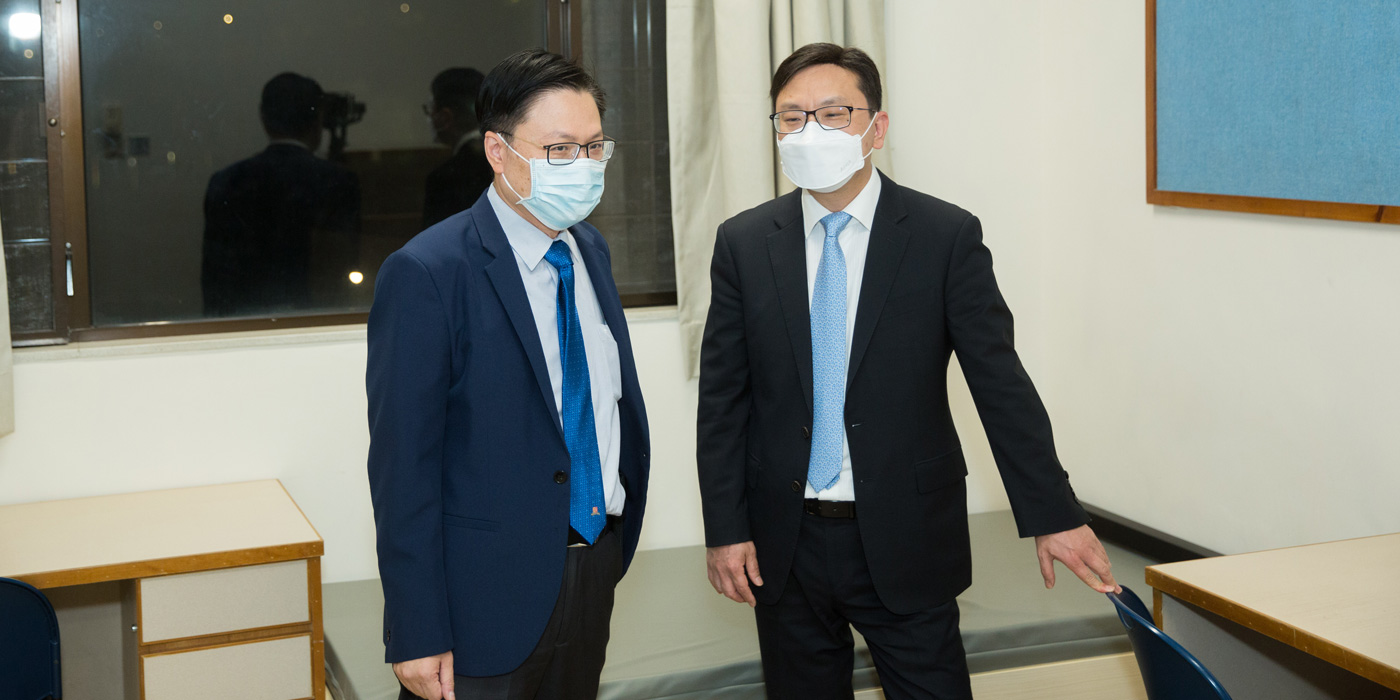
Sun was appointed as Head of Healthcare Planning and Development Office in 2012 and became Commissioner for Labour in 2020. In July 2022, he ended his 28-year career as an administrative officer after joining the team of politically appointed officials. Sun, 50, is the second youngest minister of the sixth term Hong Kong government.
He considers himself as an outlier again as it is relatively premature for an administrative officer at his age to become a minister. “I have been an outlier since I moved to Hong Kong in my childhood. I have never followed the mainstream,” the labour minister says.
“Hong Kong is facing gigantic challenges. I would let Hong Kong down if I didn’t help tackle the challenges facing the city. Actions speak louder than words.”
Combating brain drain
One of the challenges facing Sun in his five-year tenure is the brain drain. Hong Kong’s workforce has shrunk by 140,000 over the past two years but he points to the fact that the downward trend is particularly worrying in the working age group. “The workforce among those aged from 15 to 59 has dropped by 170,000 people. It is only offset by more people aged above 65 who have joined the labour market,” he says.
He stresses that while the government will continue to cultivate and retain local talents, it will also go all out to attract foreign talents to maintain the city’s competitiveness— and he hopes that “our CUHK graduates will, in their own respective areas, do their part for Hong Kong”.
By Gary Cheung and Chamois Chui
Photos by Tsang Wing-san

